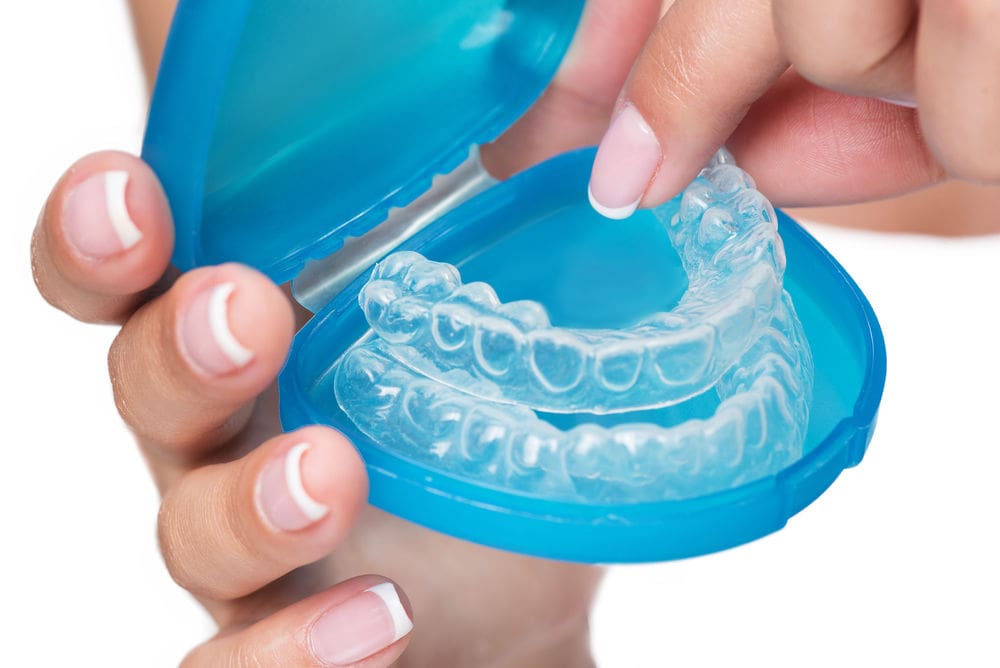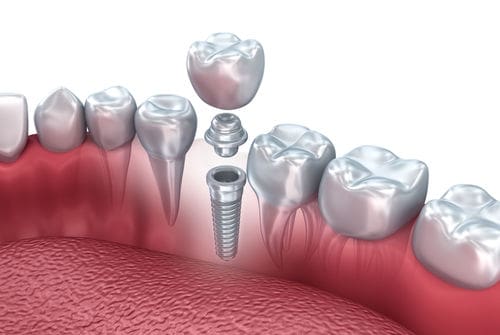It’s a well-known fact that many people are conscious of their appearance. After all, the way you present yourself says a lot about your personality. For this reason, many people go to great lengths to ensure that their physical features look good whenever possible. No exception to the fact is our teeth, which is what supplement a person’s beautiful smile.
While our teeth have to look good, they must also be healthy. For this reason, going to the dentist is a must. However, dentistry has specialized fields, and endodontic medicine is among them. This branch of dentistry involves the study of the dental pulp, which consists of the inner part of the tooth and the tissue that covers it.
Not many people are aware of endodontics, so we’ll discuss the subject in this article.
More about Endodontic Dentistry
Endodontic dentistry is specifically aimed at repairing toothache and restoring both health and functionality to the tooth. It seeks to alleviate pain or treat the root canal and restore the tooth. It’s also worth noting that endodontic treatments are regarded as a last-resort treatment option because it isn’t an easy procedure and can be very complicated for most people.
Root Canal: The Best Form of Endodontic Treatment
A root canal treatment is one of the most common procedures dentists perform. It’s used to treat an abscess on the root of the tooth because it will cause pain, infection, or even death if left untreated. Root canal treatment is also beneficial for preventing tooth decay and tooth loss. It’s a procedure that has been used for decades, and it’s proven as one of the most effective ways to prevent tooth loss. Since this procedure can be rather complicated, only an expert can do the job. This is where an endodontist comes in.
What to Expect during a Root Canal Treatment
A root canal treatment will start with a detailed examination of the tooth to determine its health status. The dentist then uses specialized equipment to clean and polish the tooth. Next, additional steps may be needed to remove all the infected nerves, which will be replaced with antibiotics. A cleaning and disinfecting process is performed, and the resulting space is filled with dental material.
The procedure usually takes three to four visits, and it’s usually completed in two weeks. While endodontic dentistry is generally reserved for severe cases and people who have a lot of pain, it’s still a valuable service for anyone who needs it.
If you’re searching for a dentist that can help you with your endodontic treatments, you’ll find that there are numerous options. However, it’s recommended that you conduct some research and look at the dentist’s qualifications. Speaking to the dentist is also a great idea as it’ll give you a better idea of what you’re getting into.
Root Canal Aftercare
While there are no general aftercare procedures for a root canal, you must follow your dentist’s specific instructions. Proper dental hygiene is essential in preventing future infections. You should also avoid chewing on the affected tooth because it will increase your chances of developing further problems.
Possible Side Effects
While a root canal may be ideal for various dental issues, it’s not without its faults. Here are some of its most common side effects:
Acute Infection
This is the most common side effect of a root canal procedure. In most cases, it will dissipate within a few days, but it can get worse if you don’t follow your dentist’s instructions. You’ll require antibiotics to get rid of the infection.
Inflammation
It’s common for the gums to get irritated immediately after the procedure. This happens because the dentist will scrape the gums before they make a hole in them to allow the dentist to access the tooth pulp. The gums are also irritated when the dentist inserts the needle to clean the canal. There’s nothing to worry about because the area will heal in a few days, though you need to follow your dentist’s instructions.
Tooth Discoloration
While not immediately seen, tooth discoloration can occur after the root canal procedure. If you’re worried about the color of your tooth, don’t worry because it will eventually fade away.
Reduced Tooth Function after Treatment
When you feel like your teeth aren’t doing you any favors after a root canal treatment, it’s a clear sign that your tooth is damaged. This will make you eat softer food, and it might even make you avoid chewing thoroughly. When this happens, you’ll need to go back to your dentist to see what they can do.
Conclusion
There’s nothing to worry about if you’re experiencing a toothache. If the pain is so bad that it prevents you from doing your regular activities, a root canal procedure may be the best solution for you. Such a procedure may be slightly complicated, but it’s the only way to save your teeth.
Liberia Dental Care provides top-quality services for root canals in Manassas. Our dental professionals understand the need for proper oral care, so we offer comprehensive solutions to ensure that your teeth look healthy and beautiful. Simply go to our website to schedule an appointment!









